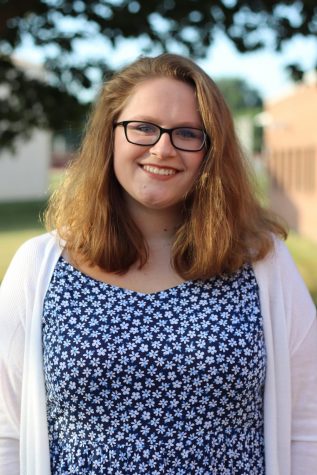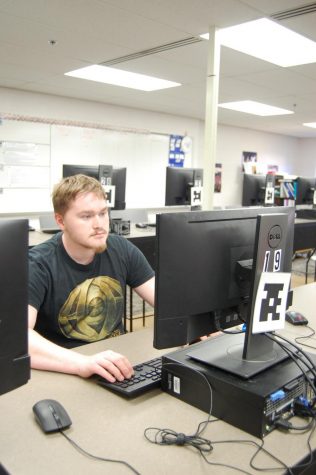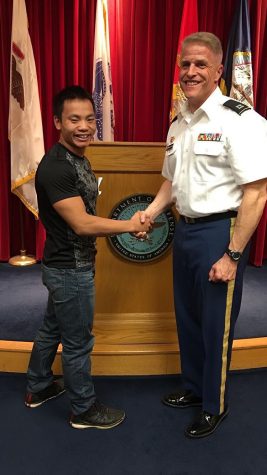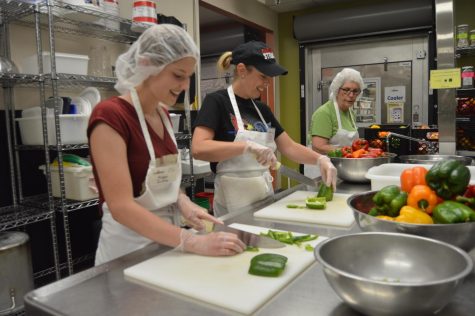Teachers take on finals in various forms
While many subjects are shifting towards project-based finals, some teachers continue to give written exams
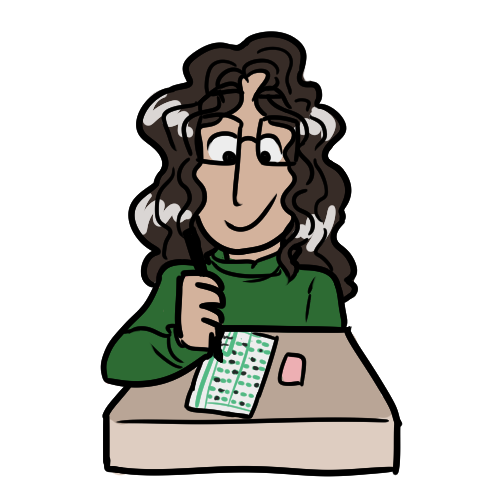
While some subjects like English or science opt to do final projects, subjects such as math and history tend to take written finals at SHS.
December 19, 2017
Social Studies teacher David Luers prepares for his AP classes’ finals by laying out stacks of scantrons, test forms and sheets of lined paper, giving his students more time by being able to distribute more efficiently. Other teachers have the same set-up. Projects laid out on desks, stacks of tests ready to be handed out to stressed students.
The types of finals given by teachers vary, depending on course material and other factors, including when finals are scheduled. Some classes call for more traditional forms of finals, like essays and scantrons, while others call for project or performance-based. This can give teachers more options in regards to how they test their students at the end of the semester.
Social Studies teacher Joseph Leonard is doing project-based finals for his geography classes and a chapter-based final for his psychology classes. He thinks giving students more options can peak their interest and get them more involved.
Like Leonard, Social Studies teacher David Luers takes a different approach to finals. He tries to use the finals for his AP classes to prepare them for the AP exams in May. By giving them similar time restrictions, types of questions and transitions between different types of questions, he hopes that it will give them a better chance at passing.
“I want to start preparing them ahead of time to be able to do this many questions under time (constraints) and then transition to a completely different style of question that requires a completely different style of thinking,” Luers said. “I feel like the more I expose them to that transition, the easier it will be for them in May.”
Principal Brian Knight has been encouraging teachers to choose finals that best represent their class and the course material within, but that also requires deeper levels of thinking. He believes that if students are asked to analyze the material and use a little more depth during testing, it can be more beneficial.
“Memorizing facts versus learning skills to be able to solve problems are two very different things, and I think in this day and age memorizing facts isn’t as useful anymore,” Knight said. “But when we get into things that require application or analysis, then we’re kind of pushing students to think in a different level of thinking, (which) is what I think we continue to try to move towards.”


